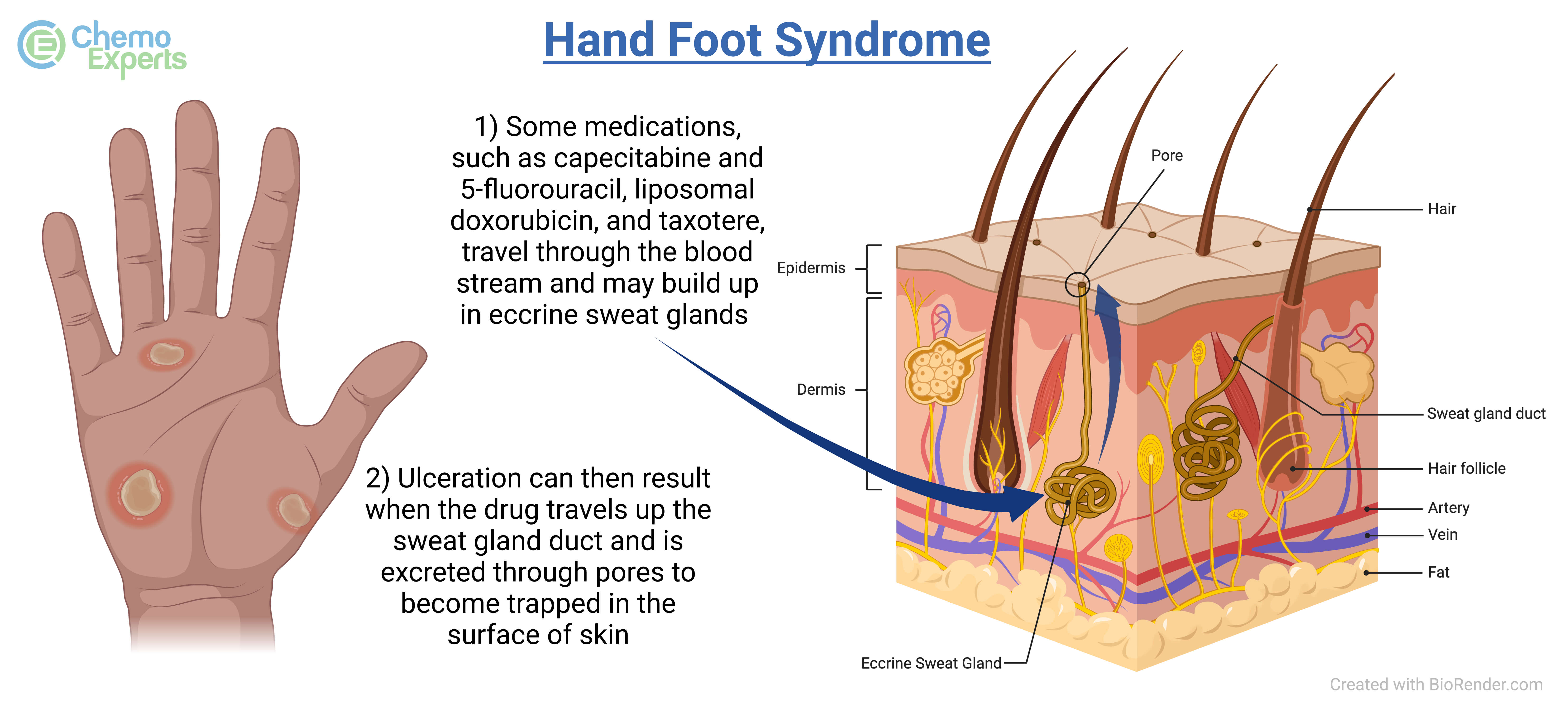Expert Dermatology Solutions for Treatment of Hyperhydrosis of Hands: Comprehensive Overview
Recognizing the Origin of Excessive Sweating and Its Influence On Life
Extreme sweating, additionally called hyperhidrosis, is a condition that impacts a significant portion of the population, yet its hidden causes and implications on everyday operating remain somewhat enigmatic. While it is generally recognized as a physiological action to regulate body temperature, the triggers for too much sweating can vary extensively amongst people, incorporating not just physical aspects but psychological and also psychological elements. The effect of this problem prolongs beyond simple pain, often influencing social interactions and overall top quality of life. By delving into the source of hyperhidrosis and discovering its complex impacts, a deeper understanding of this pervasive issue can be gained, shedding light on the intricacies that people coming to grips with extreme sweating navigate each day.
Physiology of Sweat Glands
The policy of sweat manufacturing, an essential physical process, is mostly regulated by the activity of sweat glands distributed throughout the human body. Sweat glands are categorized into 2 main types: eccrine and apocrine glands.
When the body temperature level rises, either because of exercise, high temperatures, or emotional stress and anxiety, the nerves activates the gland to create sweat. This sweat is made up mostly of water and electrolytes like sodium and chloride. The procedure of sweat production is necessary for maintaining the body's interior temperature level within a narrow, optimal variety, highlighting the important duty sweat glands play in human physiology.
Triggers for Excessive Sweating
In comprehending the origin creates of too much sweating, it is crucial to identify the triggers that can result in this physical action. Extreme sweating, additionally recognized as hyperhidrosis, can be motivated by numerous factors, both physiological and environmental. One common trigger is psychological stress or anxiety, which can stimulate the body's sweat glands to generate even more sweat than is essential for cooling down. Physical physical effort, high temperature levels, and spicy foods are additionally recognized to activate extreme sweating in individuals susceptible to this condition. Moreover, certain clinical problems like hyperthyroidism, menopause, or diabetic issues can add to too much sweating also.
Moreover, medications such as some antidepressants, opioids, and particular supplements can likewise act as triggers for hyperhidrosis. Recognizing these triggers is vital in managing extreme sweating effectively - How to stop sweaty hands. By recognizing and dealing with the specific triggers that trigger too much sweating in a private, doctor can establish tailored treatment strategies to ease this problem and enhance the individual's lifestyle
Medical Issue Associated
Connected with too much sweating are various clinical conditions that can aggravate this physiological action. One usual condition is hyperhidrosis, a condition identified by extraordinarily enhanced sweating that surpasses the body's thermoregulatory demands. This can manifest in focal areas like the hands, soles, underarms, or face, influencing a person's quality of life because of social shame and pain.
Additionally, endocrine disorders such as hyperthyroidism, diabetes mellitus, and menopausal warm flashes can likewise lead to excessive sweating. Hyperthyroidism creates an overflow of thyroid hormones, accelerating metabolic rate and causing sweating.
In addition, infections like hiv, consumption, and endocarditis have actually been related to night sweats, an usual sign known to interfere with sleep and affect general well-being. These clinical conditions highlight the varied variety of underlying factors that can add to excessive sweating, demanding complete assessment and monitoring by health care professionals.
Psychological and Psychological Aspects

Impact on Social Interactions
Too much sweating can have extensive results on an individual's capacity to engage conveniently in social communications. The visible indications of sweat spots or wet patches on clothes can result in embarrassment and self-consciousness, creating people read this to take out from social circumstances. This withdrawal can influence connections, limitation social activities, and hinder individual and expert development.

Moreover, the anxiety pop over to this site and self-worth concerns stemming from extreme sweating can influence interaction and social abilities. Individuals may battle to concentrate on discussions, take part in group activities, or express themselves confidently. This can bring about sensations of seclusion and loneliness, as social links come to be challenging to maintain.
Final Thought

While it is generally recognized as a physical response to regulate body temperature, the triggers for extreme sweating can vary commonly amongst people, including not just physical aspects however psychological and additionally emotional aspects. By delving into the root triggers of hyperhidrosis and exploring its complex impacts, a deeper understanding of this prevalent concern can be acquired, shedding light on the complexities that individuals grappling with extreme sweating navigate on a day-to-day basis.
Physical exertion, high temperature levels, and spicy foods are likewise understood to activate extreme sweating in people prone to this problem. By determining and resolving the particular triggers that trigger excessive sweating in an individual, medical care carriers can establish tailored treatment strategies to reduce this problem and enhance the person's high quality of life.
Too much sweating can have extensive effects on an individual's capacity to engage next pleasantly in social communications.